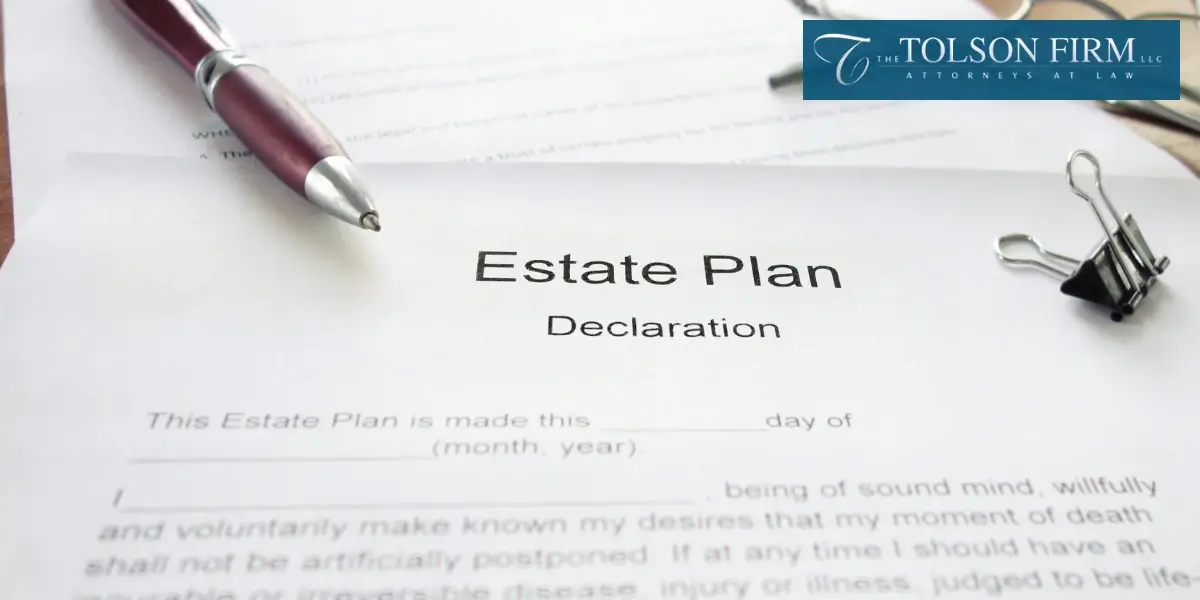|
|
Last
Modified on
Aug 07, 2025
Estate planning is a highly recommended step in Florida residents’ lives. Using a Florida estate planning checklist can help make sure you have all the documents you need to protect yourself and your assets.
Hire an Estate Planning Lawyer
Residents of New Smyrna Beach who want to secure their family’s future often work with a New Smyrna Beach estate planning lawyer to navigate Florida’s estate planning laws. At The Preston Law Firm, we have a niche focus on all aspects of estate planning, from will creation to helping your family navigate probate after you pass. Our team consists of six legal professionals with more than 50 years of combined experience.

The Elements of a Thorough Estate Plan
In 2021, the average age of Florida residents was 42.7 years old, making estate planning urgent for many. However, knowing where to start can be confusing. Key documents of an estate plan can vary person-to-person, but can include:
- Will. This document outlines how your assets will be distributed and names your executor. An executor, or personal representative, is the person who carries out the will’s instructions after you die.They’ll collect your assets, pay off any debts or taxes, and distribute what’s left to the beneficiaries named in your will. With the average Florida home valuing $384,811 and the average income being $73,311 as of 2023, protecting assets has never been more important.
- Power of attorney. This document gives someone the authority to act on your behalf. This could be for simple tasks like selling a car or house, handling bank accounts, signing contracts, or even making health care decisions.The powers can be very broad or limited to certain tasks, similar to how an executor’s duties are defined in an estate plan. Most powers of attorney are “durable,” which means their responsibilities will stay in effect even if the person who named them becomes unable to make decisions. A power of attorney ends when the person who named them dies, revokes it, or when the task it was created for is finished.
- Living will, which states your desires for end-of-life medical care. It only takes effect if you are unable to speak for yourself, and if doctors agree that you are in a terminal condition. Once your living will is signed, you should give a copy to your doctor or hospital so it can be added to your medical records.
- Designation of a health care surrogate, which names a person to ensure your health care wishes are respected. If your wishes aren’t known, the surrogate can make decisions based on what they believe is right for you.
To be considered legally valid upon your passing, there are certain rules you must follow while creating your will and estate plan. You must be of sound mind and memory, meaning you’re able to make reasonable judgments about the choices in your will. The will must be in writing and exist in a physical format. You also have to create the will of your own volition.
Living Trusts and How to Avoid Probate
Probate is a court process that validates your will, pays debts and taxes, and transfers assets to heirs. It can be emotionally overwhelming for surviving loved ones, who are already experiencing grief. This process is often expensive and slow, and it can lead to arguments over your assets. Most people want to avoid probate, and in Florida, there are a few ways to either streamline or avoid it altogether.
A common way to do this is by working with a lawyer to create a revocable trust, also called a living trust. Which can simplify asset transfer while maintaining flexibility. This is a legal document you create to manage your property while you’re alive and to pass it on after you die. You can cancel the trust or change it, as long as you’re mentally capable.
To make the trust work properly, you must formally transfer your assets into the trust before you die. If you don’t transfer the assets correctly, they may still go through probate court. However, not every asset should go into a trust due to possible tax issues, so you should hire an estate planning lawyer to help understand what applies to your estate.
Why Choose Us?
We understand that every estate planning case is different and strive to draft documents that protect your assets and wishes. You deserve to have your estate respected after death and can trust in our team to make that happen. As longtime Florida residents, we want to ensure our neighbors and communities are protected.

FAQs
Q: Do Revocable Living Trusts Save on Taxes?
A: While you’re alive, you report income from the trust on your own tax return, using your Social Security number. After your death, it becomes a separate taxpayer and must file its own tax returns. Income paid to beneficiaries is taxed on their returns. Income kept in the trust is taxed at trust rates. Trusts don’t automatically reduce estate taxes just by existing.
Q: What Assets Go Through Probate?
A: Only assets that are in your name alone go through probate. Property with named beneficiaries or shared ownership, like joint bank accounts or real estate owned with a spouse, usually avoids probate. Trust assets also avoid probate if the trust is properly funded. Unlike a will, which goes through court, a trust lets the trustee immediately take over after your death.
Q: What Is a Lady Bird Deed?
A: A Lady Bird deed is a simple way to pass your home to someone else after you die without going through probate. You keep full control of your home while you’re alive. You can live in it, sell it, or change the deed. When you die, the home automatically goes to the person named in the deed.
Q: What Is the Trustee’s Role in a Living Trust?
A: You can be your own trustee, or you can name someone else, such as a trusted individual or a bank. The trustee manages your assets, and you can take money out whenever you want. When you die, the trustee pays any debts and taxes, then gives the remaining property to your chosen beneficiaries.
Choose a Trusted Florida Firm
It’s never fun to think about what happens to our loved ones when we die. However, to help ease that anxiety, creating a valid estate plan is key. You can trust in our team of skilled attorneys to respect your wishes and help make sure they’re followed after you pass. To learn how we can help you navigate Florida’s complex probate laws, contact our office today.






